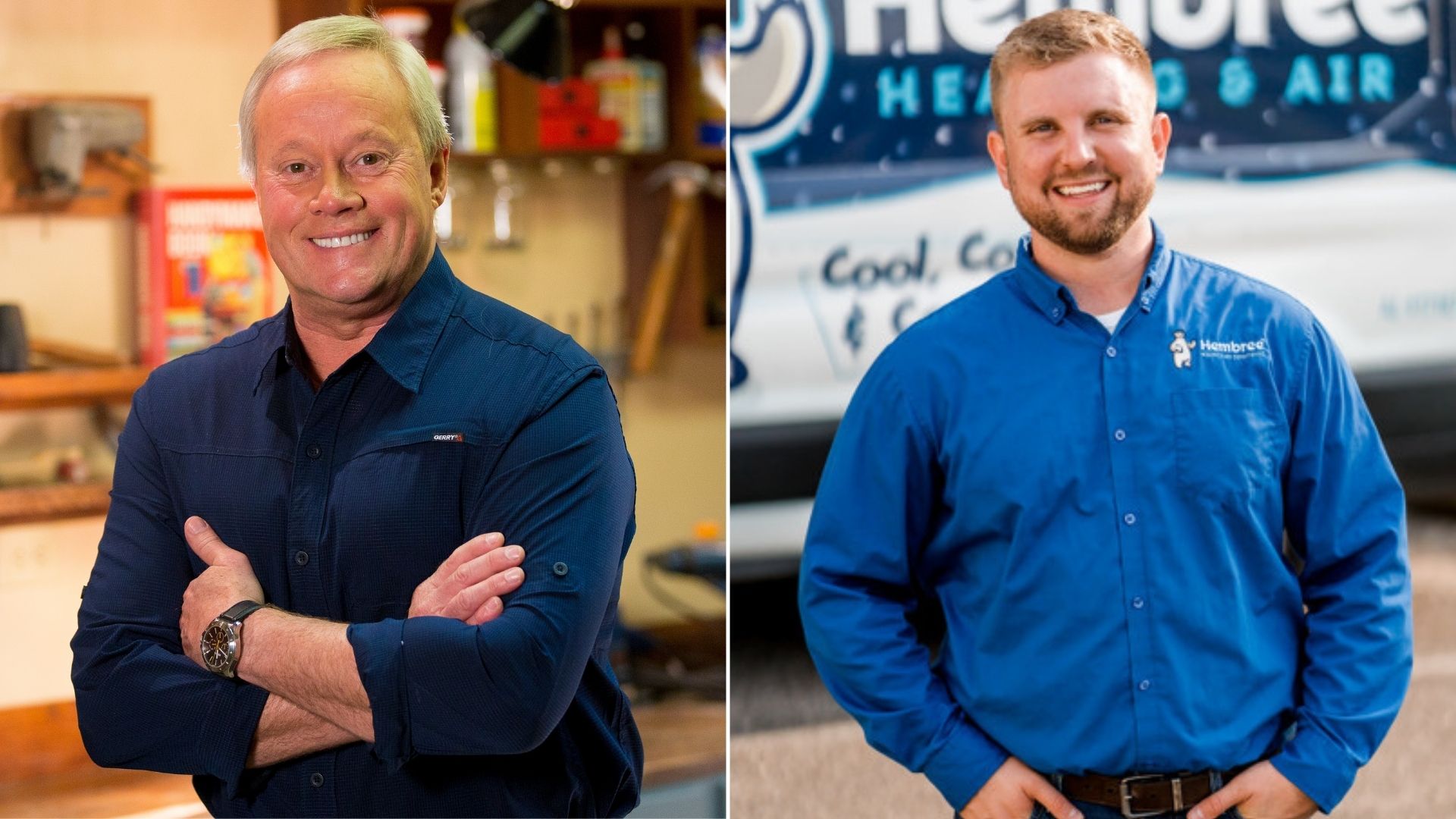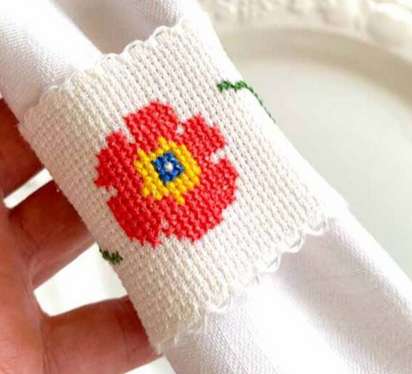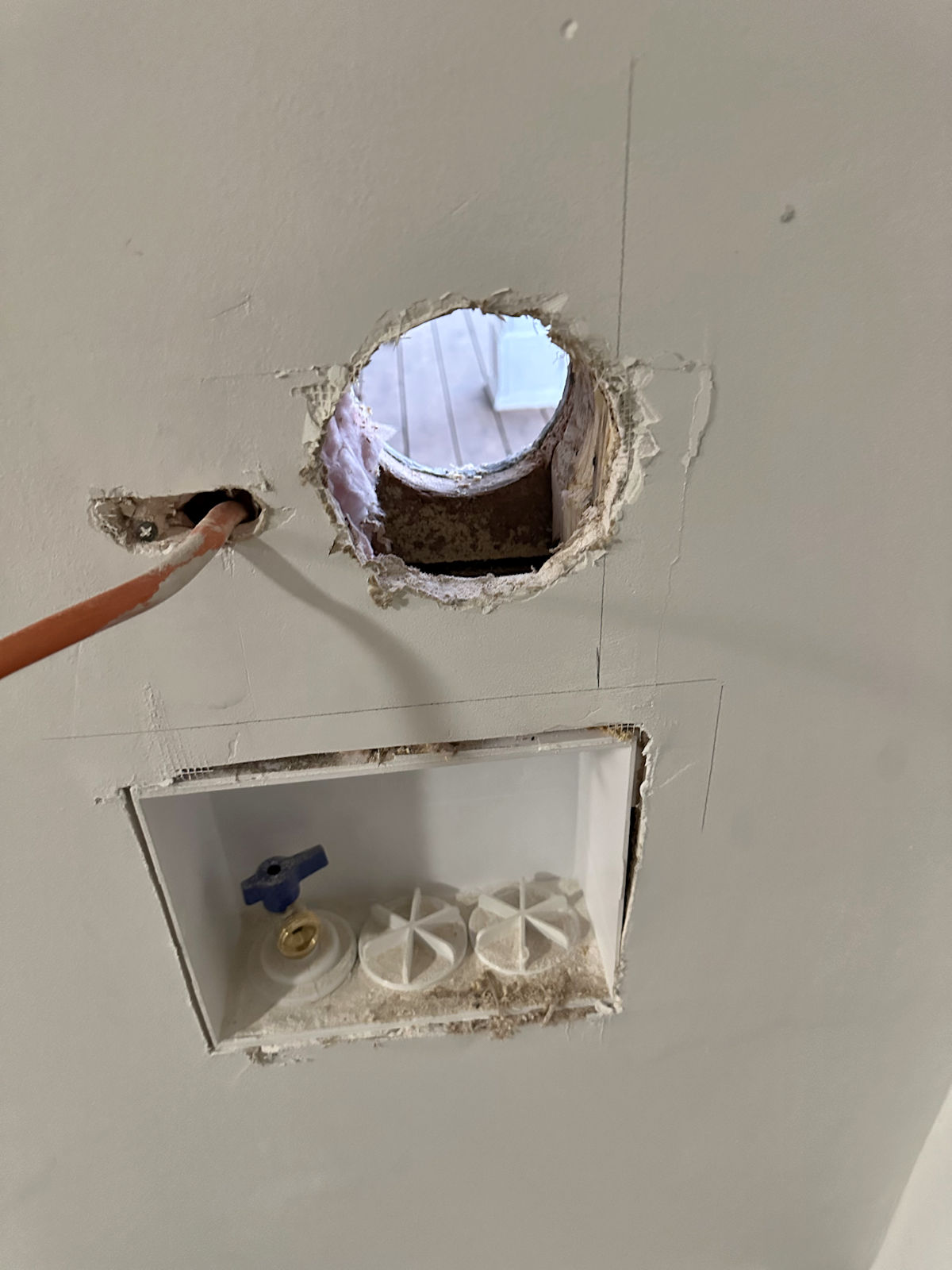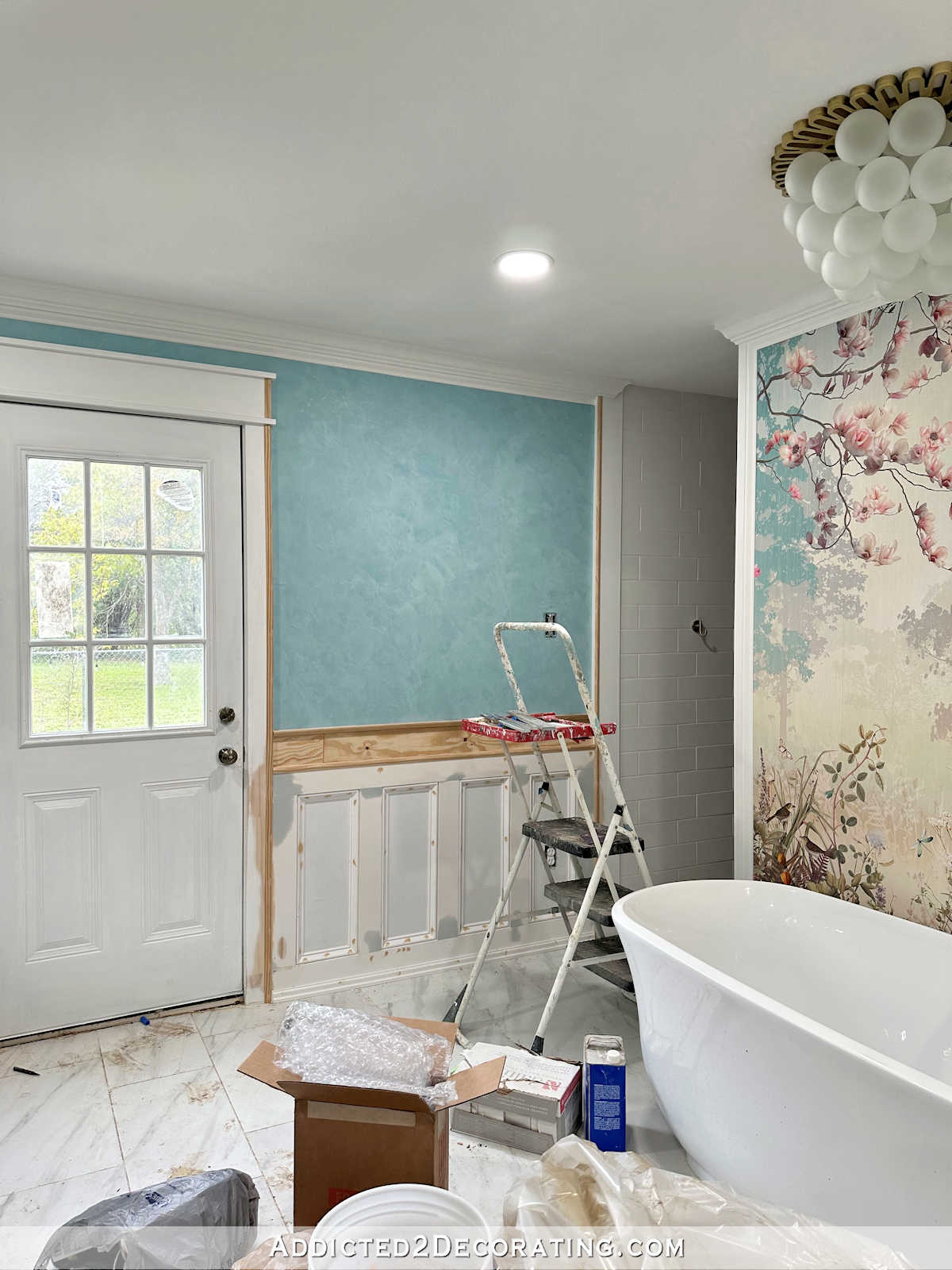[ad_1]
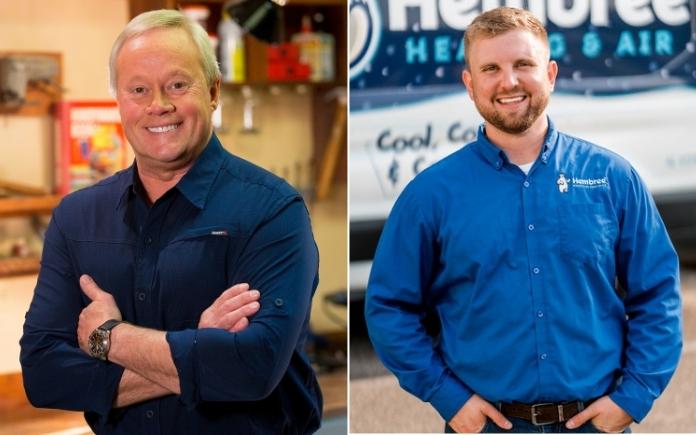
In this episode of “Ask Danny,” I’m talking with third-generation heating specialist Josh Hembree, general manager of Hembree Heating & Air Conditioning in Mobile, Ala. He’s answering some of the most-asked questions we get about heating your home.
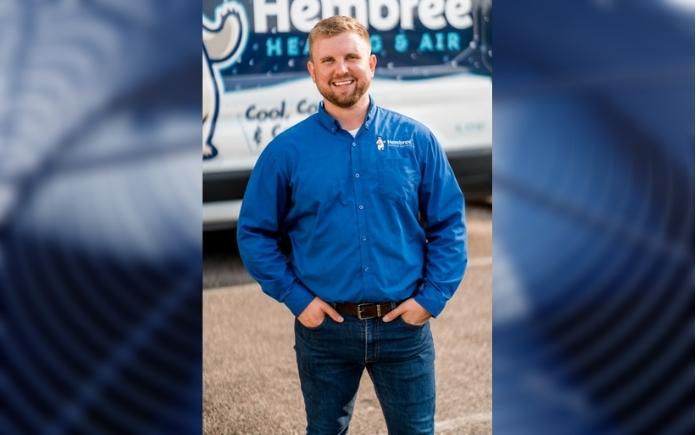
About Josh
Born and raised in Mobile, Josh moved away for a bit to earn a law degree, but his entrepreneurial spirit and drive to continue family legacies brought him back to run the family business.
Josh loves helping people, from serving in his church to offering his community the best care the heating and air industry has to offer.
He’s been married to Kala for six years, and they have a 4-year-old daughter and a 1-year-old son.
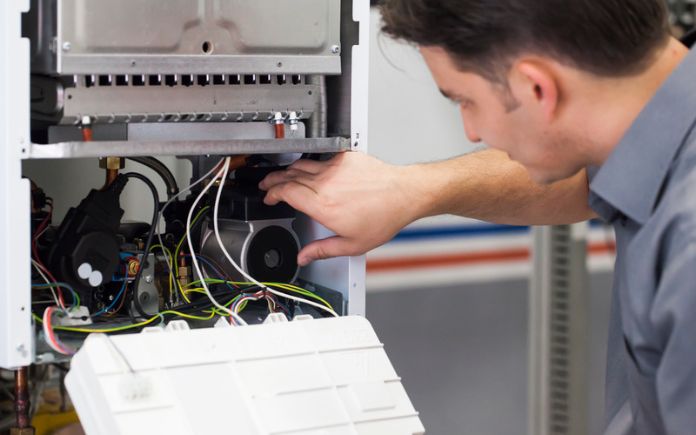
Preseason Maintenance
Q. With the weather getting colder, what should homeowners do right now to help keep their homes warm this winter?
Josh: We always recommend preseason maintenance – pre-season preventative maintenance, if you will. Your home heating system needs some love, and often times if you proactively do that, you can avoid problems before they become a problem.
It’s even more important going into the winter season to have your heating system inspected compared to your air conditioning system because safety inspections on heating systems can save your life. For instance, making sure the vents are working properly to prevent carbon monoxide poisoning.
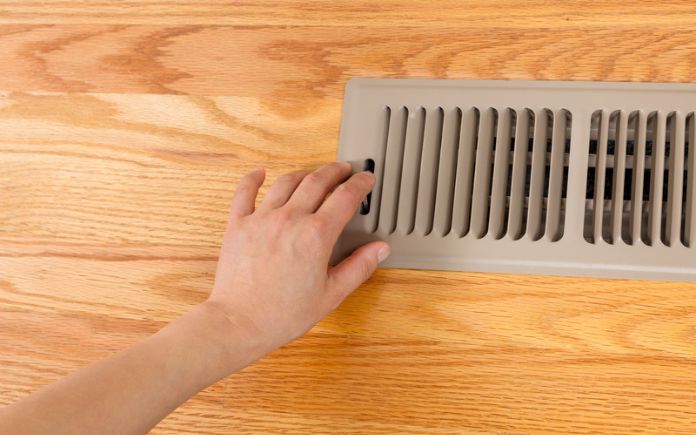
What’s That Burnt Dust Smell?
Q. Homeowners are always asking me, what is that smell when you turn on the heater for the first time? So ill ask you, what is that smell?
Josh: When the first cold snap happens, our phones start ringing off the hook with that questions. It’s a very common odor when you first turn your heater on. The good news is there’s a simple explanation for it.
When your system’s been cooling all summer long — the heating system has not been run in months — little pieces of dust can accumulate on the inside parts of the system.
So when you turn your heating on for the first time in a long time, there are certain parts of the system that are designed to get hot. Those heating parts actually heat up the dust and cause that burning smell.
Oftentimes, it’s nothing to worry about, and the smell will go away after a short while.

Heat Pumps
Q. I think most homeowners don’t really understand how a heat pump works during the winter. Tell us.
Josh: What we’re talking about here is a heat pump versus a gas furnace heating system. Those are the two primary types of heating systems you can have.
In regards to a heat pump specifically, in the summertime, when you’re system’s running in cooling mode, have you ever walked out to your outdoor unit and felt the air blowing out of the top it? It’s hot air.
A heat pump simply works by being able to reverse the flow of refrigerant in your system. When in cooling mode, the cold gasses are pumped into your home, and in heating mode, the process is reversed and hot gasses are pumped into your home.
So it’s actually reversing the flow of refrigerant to heat or cool your home.
And, on the bitter cold days of the year, when you’re heat pump is struggling to keep up, there are electric heat strips in the system that kick on to heat your home fast.
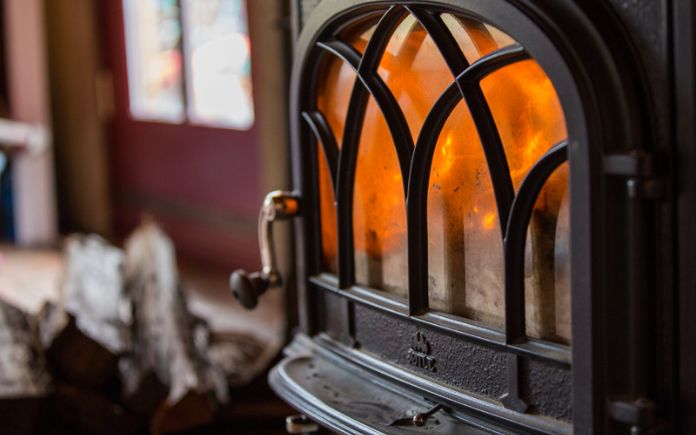
Third-Party Heating
Q. Is it feasible to only run your system on fan mode to circulate heat from another heat source? (like a fireplace, space heater, or cast iron stove)
Josh: This is a unique conversation that I honestly don’t have often. But, it could work. So long as that third-party heat source is close to the return of your central system. That way your central system will have the best chance of sucking up the heat and redistributing it throughout the home.
However, in our experience, in most cars that third-party heat source is not going to produce enough heat to keep the entire home comfortable. Airflow in the wintertime can be uncomfortable unless it’s properly heated.
It could work in theory, but it’s just not likely to be able to work well.
Also, make sure the third-party heat source is not putting off carbon monoxide. If it is, that could get into a safety issue with your central system pumping that throughout the whole home.
In unique situations, it might help some, but don’t rely on it.
Listen to the entire podcast for more home heating tips.
Further Reading
[ad_2]
Source link

